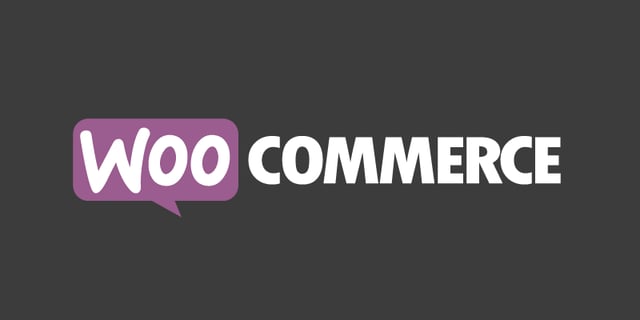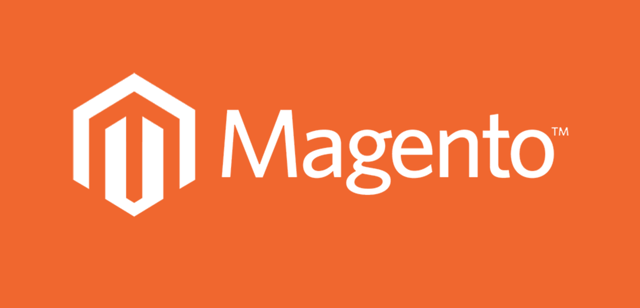If you’re in the business of selling goods online or looking to get your shop on the web, you have found that there are many different platforms you can choose to put your company’s products on. Without building out a store on each platform on your own, or hiring a web design firm to manage the process, it’s difficult to know what limitations, requirements and built-in features each platform has.
Three popular platforms that are currently being used are Shopify, WooCommerce and Magento. These common platforms all have different benefits and drawbacks. Each of these common platforms also have different web development requirements and digital marketing benefits to your company. But ultimately, your choice should be dependent on the amount of e-commerce activity your company does in a year and the features your shop needs.
Shopify

Off all the platforms out there we most often recommend Shopify. Shopify has a number of plans to choose from. The plans are catered to business owners who are just starting out to companies that make millions of dollars in revenue each year online.
It is a platform that can be easily managed by someone with no development experience if you are looking to get a shop with a modern look without all the "bells and whistles". If you're looking to get a basic shop up in a day to start your business you can do that with their introductory plan that starts at $29.
And if you are looking to have an advanced shop, Shopify can get you there too. Shopify has an extensive API and customizations can be done to get your shop looking spectacular.
The first benefit that comes to mind with Shopify is that it's a SAAS (Software as a Service). This means that the Shopify plan you choose comes with hosting and it’s hosting that you can depend on. You don’t have to pay another party for hosting because it’s included. This can be seen as quite a perk, because you want to have supreme hosting when it comes to an e-commerce shop in order for it to run smoothly.
The limitation that can be seen in Shopify is that the cost for additional apps/plugins can be costly. All of the apps are billed monthly and these can add up quick. If you want your shop to have features like a review system or a product comparison chart you will be forced to choose from one of their available plugins or pay for a developer to do custom work with Shopify’s Liquid Framework. There are also transactions fees that can be more than other e-commerce alternatives if you’re not choosing from one of Shopify's more advanced plans. You can see from the plans here that the more expensive plans offer more inherent features and the transaction fees decline.
WooCommerce

WooCommerce is the e-commerce plugin of WordPress. What’s nice about WooCommerce is that it’s free! It’s fully customizable, but it does not come out of the box with as many features as Shopify. You will have to add plugins or custom code to give your store features like table rate shipping, state taxes and abandoned cart notifications. The extensions available for WooCommerce can cost money, but are most often a one-time payment.
WooCommerce is open-sourced, meaning that the content is freely available on the internet for people to learn and develop code. As a developer I can level and say that WooCommerce is a robust package that pairs well with WordPress. It’s the best route to take if you are not trying to spend a lot of money every month. What is important to note about the WooCommerce/WordPress platform is that you should be willing to scale your hosting as your business grows. Shared hosting for a WooCommerce site is probably not ideal and if your shop is already performing well or if you plan on expanding your shop in the future you should look into purchasing a VPS a dedicated server.
Magento

Magento is an e-commerce platform that is also free and open-sourced. It's known for the flexibility that it can provide shops. It requires you to have knowledge in development, specifically with their Zend framework and PHP. So if your company is able to afford the costs of paying an agency to build out a custom shop and you don’t want to run into any road blocks for creating the "Lamborghini" of e-commerce shops then Magento should be something you consider. You don’t have to worry about monthly costs besides hosting and you don’t have to worry about database or plugin updates impacting your shop.
The Final Verdict
In summary you should be able to select a platform that fits your needs based on what stage of the e-commerce game your business is at and your willingness or ability to put time and money into the site.
- Shopify – If you want a simple modern shop up quick and you don’t have much development experience, Shopify will fulfill that need. Shopify will also allow you to improve your site with custom code or apps if your shop continues to scale.
- WooCommere – If you’re familiar with WordPress or like figuring out how to put puzzles together on the web then WooCommerce is also an option.
- Magento – If you have the skills or team to create an incredibly flexible and sophisticated e-commerce system then Magento is the platform that will get you there.
Once you have decided on your e-commerce platform and have your new site built, don't forget to optimize your site for inbound traffic using images and the best SEO techniques.









